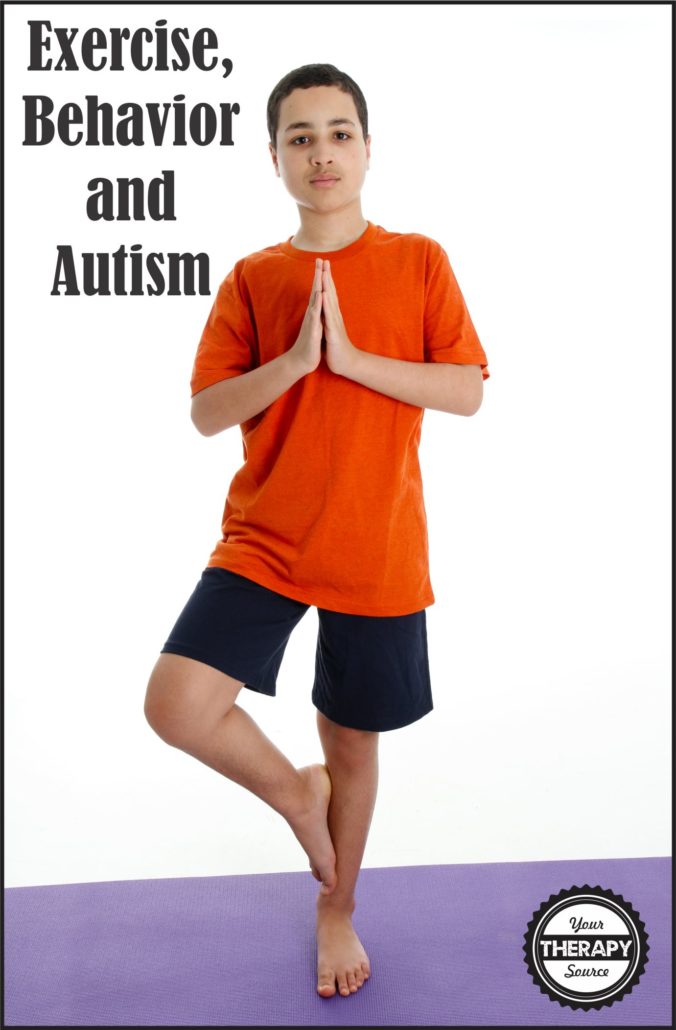Exercise, Behavior and Autism
 Autism published a research review on the literature regarding behavioral outcomes of exercise interventions for individuals with autism spectrum disorder aged less than 16 years old. Thirteen studies were included.
Autism published a research review on the literature regarding behavioral outcomes of exercise interventions for individuals with autism spectrum disorder aged less than 16 years old. Thirteen studies were included.
The results indicated:
- exercise interventions consisting individually of jogging, horseback riding, martial arts, swimming or yoga/dance can result in improvements to numerous behavioural outcomes including stereotypic behaviours, social-emotional functioning, cognition and attention.
- horseback riding and martial arts may produce the greatest results with moderate to large effect sizes, respectively.
The researchers recommend additional research with well-controlled designs, standardized assessments, larger sample sizes and longitudinal follow-ups. Also, additional research is needed during early childhood (aged 0–5 years) and adolescence (aged 12–16 years) in order to
better understand the how exercises can have positive behavioral benefits for children with autism.
Reference: Emily Bremer, Michael Crozier, and Meghann Lloyd. A systematic review of the behavioural outcomes following exercise interventions for children and youth with autism spectrum disorder. Autism 1362361315616002, first published on January 28, 2016 doi:10.1177/1362361315616002.


